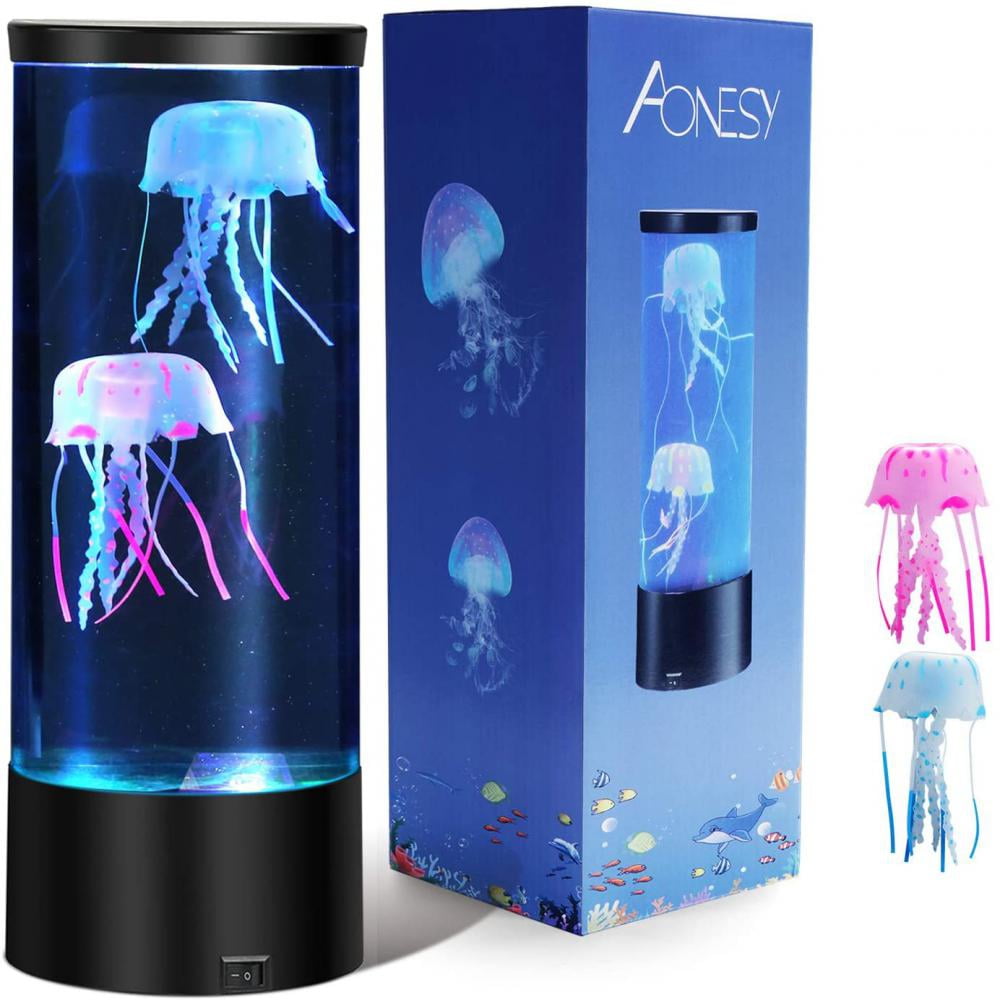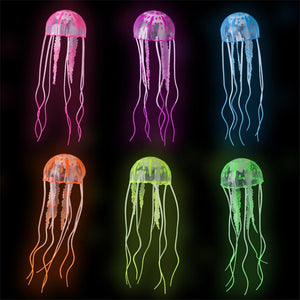


Since the English had been previously celebrating Thanksgiving with fasting and prayer, there likely wasn't even turkey.

The first Thanksgiving was not the bountiful, friendly feast that public education painted it to be. So many of the Wampanoag had died because of an epidemic disease brought in by the influx of Europeans migrating to America, and tribe leader Ousamequin saw the English as a way to fend off tribal rebels. The "first Thanksgiving." It turns out that the native Wampanoag tribe broke bread with the settlers in pursuit of a strategic alliance, not because they wanted to be welcoming hosts. Ironically, the doctor who wrote that 1968 letter was actually Chinese American. It turns out that what they were actually exhibiting was xenophobia. The letter (and subsequent studies with similar hypotheses) was eventually slammed for its methodological flaws yet many people wrote in about their own experiences that turned them anti-MSG. So why the bad reputation? The culprit: the New England Journal of Medicine's 1968 publication of a letter from a doctor complaining of sickness after eating at Chinese restaurants, totally disregarding that overeating would make anyone feel nauseous. It's in many common foods and snacks, including Chick-fil-A's chicken sandwich. Acclaimed chef David Chang even gave the controversial ingredient a spotlight on Ugly Delicious to prove that most perceived symptoms are actually a placebo effect. Monosodium glutamate (MSG) is a widely used flavor enhancer derived from L-glutamic acid, a naturally occurring amino acid in a variety of food products.


 0 kommentar(er)
0 kommentar(er)
